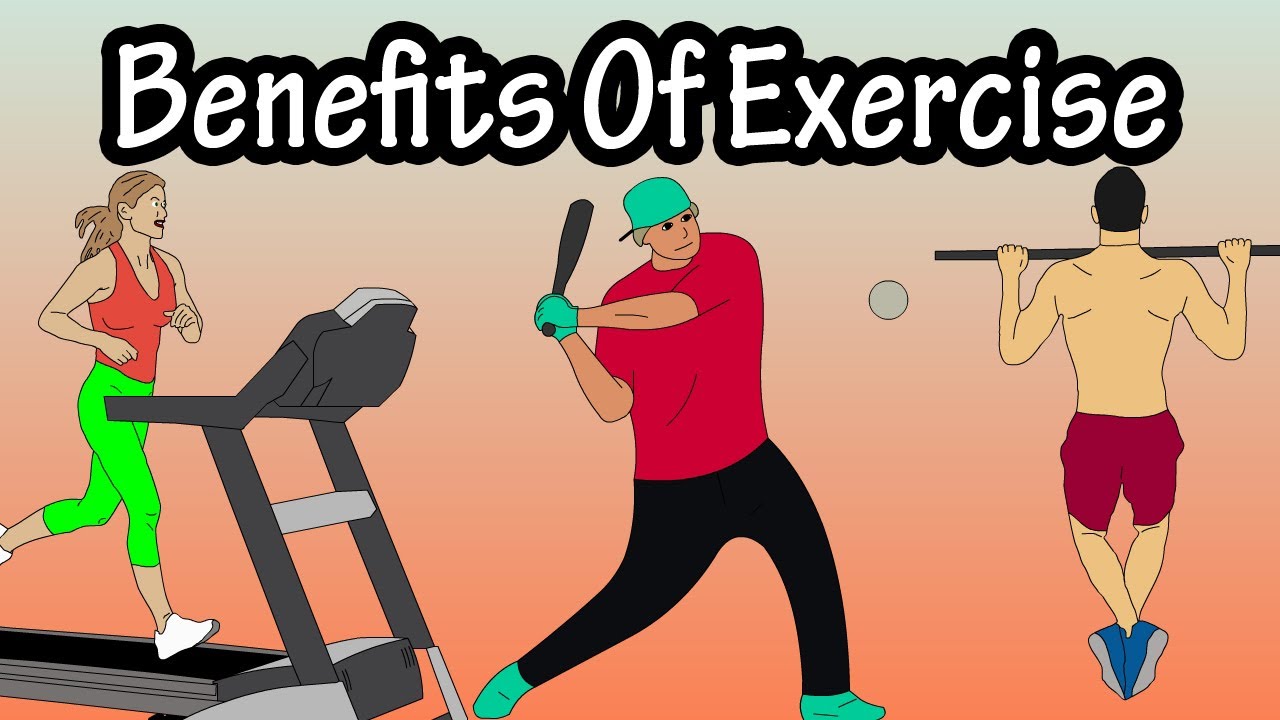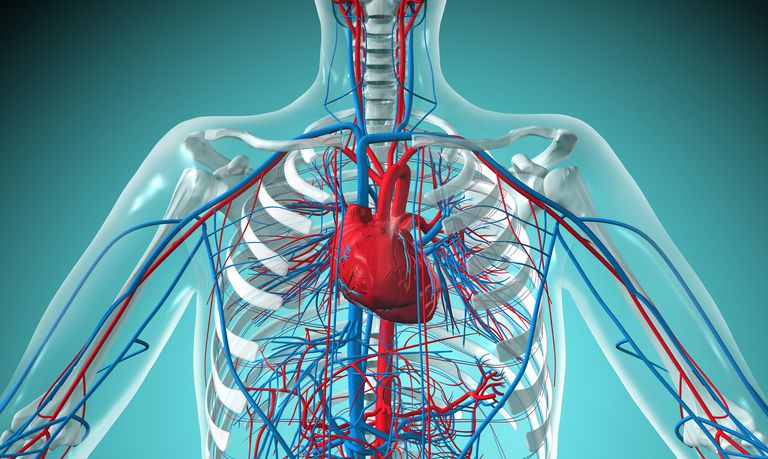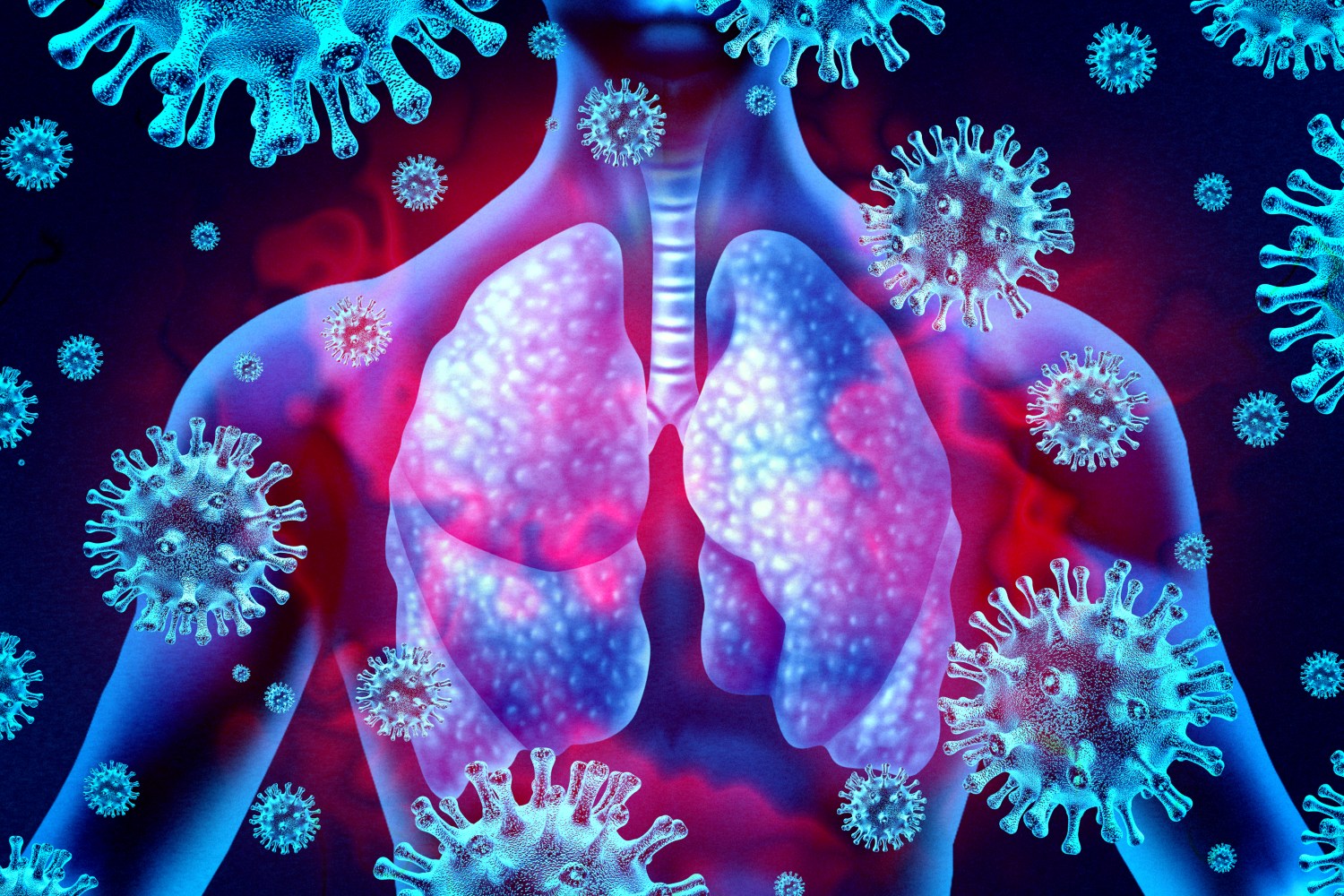Physical activity can be defined as any bodily movement produced by muscles that results in energy expenditure. Physical exercise can be categorized according to features such as intensity or the domain in which it occurs, for example, leisure time, occupational, transport-related, domestic. The term Exercise is sometimes used interchangeably with physical activity but exercise refers to a subset of physical activity which is typically planned and structured activity undertaken for the specific purpose of improving one or more components of fitness.  Image source: health.harvard.com History Hominids – human beings and their ancestors have existed on the Earth for many years. They had a nomadic existence. They practiced hunting and gathering. Health related physical fitness is defined as fitness related to some component of health. It is important to have fitness as then only one can perform well at personal and professional lives. In recent years, health psychologists have examined the role that aerobic exercise plays in maintaining mental and physical health. Aerobic exercise is a sustained exercise that stimulates the heart and lungs. It also improves the body’s utilization of oxygen. Aerobic exercise is marked by high intensity, long duration, and high endurance. Some examples of exercise are jogging, bicycling, rope jumping, and swimming. Other forms of exercise such as isokinetic exercises such as weight lifting or high intensity short duration low endurance exercises such as sprinting can be satisfying and may build up specific parts of the body but have less effect on overall fitness because they draw on short term stores of glycogen rather than a long term energy conversion system. So we can say that aerobic exercises are helpful. Anaerobic exercise does not use oxygen. Individuals use this type of exercise to build strength and muscles. Anaerobic exercise include: weightlifting, interval training, isometrics.
Image source: health.harvard.com History Hominids – human beings and their ancestors have existed on the Earth for many years. They had a nomadic existence. They practiced hunting and gathering. Health related physical fitness is defined as fitness related to some component of health. It is important to have fitness as then only one can perform well at personal and professional lives. In recent years, health psychologists have examined the role that aerobic exercise plays in maintaining mental and physical health. Aerobic exercise is a sustained exercise that stimulates the heart and lungs. It also improves the body’s utilization of oxygen. Aerobic exercise is marked by high intensity, long duration, and high endurance. Some examples of exercise are jogging, bicycling, rope jumping, and swimming. Other forms of exercise such as isokinetic exercises such as weight lifting or high intensity short duration low endurance exercises such as sprinting can be satisfying and may build up specific parts of the body but have less effect on overall fitness because they draw on short term stores of glycogen rather than a long term energy conversion system. So we can say that aerobic exercises are helpful. Anaerobic exercise does not use oxygen. Individuals use this type of exercise to build strength and muscles. Anaerobic exercise include: weightlifting, interval training, isometrics.  Image source: healthline.com Reasons for doing exercise There are various reasons for doing exercise. It is done to aid growth and improve strength, prevent aging, develop muscles and the cardiovascular system, hone athletic skills, for weight loss, improving health and also simply for enjoyment. Many individuals choose to exercise outdoors where they can socialise and this leads to improvement in mental health as well. Benefits of exercise
Image source: healthline.com Reasons for doing exercise There are various reasons for doing exercise. It is done to aid growth and improve strength, prevent aging, develop muscles and the cardiovascular system, hone athletic skills, for weight loss, improving health and also simply for enjoyment. Many individuals choose to exercise outdoors where they can socialise and this leads to improvement in mental health as well. Benefits of exercise  Image source: youtube.com The health benefits of aerobic exercise are ample. A mere 30 minutes of exercise a day can decrease the risk of chronic diseases such as heart disease and some cancers. Exercise accelerates wound healing in the case of injuries. It is sad to know that 2/3 of American adults do not achieve the recommended levels of physical activity and about ¼ of American adults do not engage in any leisure time exercise. Physical activity is more common among men. Aerobic exercise has been linked to increases in cardiovascular fitness and endurance and reduce risk for heart attack. Exercise is a very important health habit for the elderly and cardiovascular benefits of exercise have been found even for small children. Other health benefits of exercise include increased efficiency of cardio respiratory system, improved physical work capacity, weight loss improvement or maintenance of muscle tone and strength, increase in tissue and joint flexibility, production in hypertension, improved cholesterol level, improved glucose tolerance, improved tolerance of stress and reduction in poor health habits like cigarette smoking, alcohol consumption and poor diet. The effects of exercise lead directly into increased longevity. High levels of physical fitness in both men and women clearly delay mortality particularly that because of cardiovascular disease and cancer. The quality of exercise is also very important in deciding that whether life expectancy will increase or not How much exercise The typical exercise prescription for a normal adult is to accumulate 30 minutes or more of modest activity on most and 20 minutes of vigorous activity at least three days a week. Even short walks recommended for older individuals or those with illnesses may have benefits for both physical and psychological health. Lifestyle interventions designed to increase activity levels more generally may eventually lead to a commitment to exercise also because it is difficult to get sedentary adults to commit to a full-fledged exercise regime. Lifestyle intervention aimed at increasing physical activity may represent a good start for sedentary adults Effects on psychological health Researchers have examined the effect of exercise on psychological health. This includes mood, anxiety, depression intervention and they have found that it benefits both mental and physical health. Regular exercise improves mood and feeling and well-being immediately after workouts. There may also be some improvement in general mood and well-being as a result of doing of following exercise regime Some of the positive effects of exercise on mood stem from factors associated with exercise suggest social activity and the feeling of involvement with other people, for example, bicycling with friends, swimming, running with a group can improve mood because of the companionship it provides. Social support during exercise increases your likelihood that people will maintain their exercise regimes. Exercise and stress management Exercise improves well-being suggests that it has an effective role in managing stress. Exercise levels increase the negative impact of stressful life events on health. Exercise a useful resource for combatting the harmful health effects of stress. Exercise improves self-concept and self-concept improves the likelihood of continuing to exercise regime. Exercise may also have a beneficial effect on cognitive processes by focusing attention and concentration. Exercise facilitates attention. Exercise may offer economic benefits as well. It can lead to increase in job satisfaction, reduced absenteeism, reduce healthcare costs, especially among women employees. Determinants of regular exercise Although the physical and mental health benefits of exercise are well stablished most people’s participation in exercise programme is not regular. Many children get regular exercise through required physical training in school. However by adolescence the practise of regular exercise has declined very much specially among girls and among boys not involved in formal athletics. Smoking, being overweight also account for some of the decline in physical activity, lack of time and other stressors in their lives are factors that undermine the good intentions Interventions Understanding of the most important predictors of physical activity behaviour in different target groups is valuable for info informing the development of interventions aimed at increasing physical activity levels. Intervention studies typically aim to modify one or more of these determinant factors and hence to increase individuals level of physical activity. A large number of different types of physical activity interventions have been developed and evaluated but there remains key gaps in knowledge. Individuals can increase fitness by increasing exercise levels. Early motor skills and development is also linked to physical activity. Cardiovascular system
Image source: youtube.com The health benefits of aerobic exercise are ample. A mere 30 minutes of exercise a day can decrease the risk of chronic diseases such as heart disease and some cancers. Exercise accelerates wound healing in the case of injuries. It is sad to know that 2/3 of American adults do not achieve the recommended levels of physical activity and about ¼ of American adults do not engage in any leisure time exercise. Physical activity is more common among men. Aerobic exercise has been linked to increases in cardiovascular fitness and endurance and reduce risk for heart attack. Exercise is a very important health habit for the elderly and cardiovascular benefits of exercise have been found even for small children. Other health benefits of exercise include increased efficiency of cardio respiratory system, improved physical work capacity, weight loss improvement or maintenance of muscle tone and strength, increase in tissue and joint flexibility, production in hypertension, improved cholesterol level, improved glucose tolerance, improved tolerance of stress and reduction in poor health habits like cigarette smoking, alcohol consumption and poor diet. The effects of exercise lead directly into increased longevity. High levels of physical fitness in both men and women clearly delay mortality particularly that because of cardiovascular disease and cancer. The quality of exercise is also very important in deciding that whether life expectancy will increase or not How much exercise The typical exercise prescription for a normal adult is to accumulate 30 minutes or more of modest activity on most and 20 minutes of vigorous activity at least three days a week. Even short walks recommended for older individuals or those with illnesses may have benefits for both physical and psychological health. Lifestyle interventions designed to increase activity levels more generally may eventually lead to a commitment to exercise also because it is difficult to get sedentary adults to commit to a full-fledged exercise regime. Lifestyle intervention aimed at increasing physical activity may represent a good start for sedentary adults Effects on psychological health Researchers have examined the effect of exercise on psychological health. This includes mood, anxiety, depression intervention and they have found that it benefits both mental and physical health. Regular exercise improves mood and feeling and well-being immediately after workouts. There may also be some improvement in general mood and well-being as a result of doing of following exercise regime Some of the positive effects of exercise on mood stem from factors associated with exercise suggest social activity and the feeling of involvement with other people, for example, bicycling with friends, swimming, running with a group can improve mood because of the companionship it provides. Social support during exercise increases your likelihood that people will maintain their exercise regimes. Exercise and stress management Exercise improves well-being suggests that it has an effective role in managing stress. Exercise levels increase the negative impact of stressful life events on health. Exercise a useful resource for combatting the harmful health effects of stress. Exercise improves self-concept and self-concept improves the likelihood of continuing to exercise regime. Exercise may also have a beneficial effect on cognitive processes by focusing attention and concentration. Exercise facilitates attention. Exercise may offer economic benefits as well. It can lead to increase in job satisfaction, reduced absenteeism, reduce healthcare costs, especially among women employees. Determinants of regular exercise Although the physical and mental health benefits of exercise are well stablished most people’s participation in exercise programme is not regular. Many children get regular exercise through required physical training in school. However by adolescence the practise of regular exercise has declined very much specially among girls and among boys not involved in formal athletics. Smoking, being overweight also account for some of the decline in physical activity, lack of time and other stressors in their lives are factors that undermine the good intentions Interventions Understanding of the most important predictors of physical activity behaviour in different target groups is valuable for info informing the development of interventions aimed at increasing physical activity levels. Intervention studies typically aim to modify one or more of these determinant factors and hence to increase individuals level of physical activity. A large number of different types of physical activity interventions have been developed and evaluated but there remains key gaps in knowledge. Individuals can increase fitness by increasing exercise levels. Early motor skills and development is also linked to physical activity. Cardiovascular system  Image source: thoughtco.com It is well known that there are benefits of exercise on cardiovascular system. There is a direct correlation between not doing physical activity and cardiovascular disease. Physical inactivity is the reason for the development of coronary artery disease. Children who participate in exercise experience greater loss of fat. There has been research that has shown that academic stress in youth increases the risk of cardiovascular disease in later years. These risks can be decreased by doing regular physical exercise. Immune system
Image source: thoughtco.com It is well known that there are benefits of exercise on cardiovascular system. There is a direct correlation between not doing physical activity and cardiovascular disease. Physical inactivity is the reason for the development of coronary artery disease. Children who participate in exercise experience greater loss of fat. There has been research that has shown that academic stress in youth increases the risk of cardiovascular disease in later years. These risks can be decreased by doing regular physical exercise. Immune system  Image source: ukri.com Exercise has a positive effect on human immune system. Cancer Physical activity is associated with reduced cancer rates. One should do exercise because it leads to better health. In today's competitive world, everybody is running after something and hence health is compromised but one should never compromise on health. What we need to do is follow a healthy diet and exercise. Both are essential. Exercising increases maximum oxygen consumption, it decreases resting heart rate, it decreases blood pressure, it increases strength and efficiency of heart, it decreases use of energy sources such as glutamine, it increases slow wave sleep, it increases HDL i.e. unchanged total cholesterol, it decreases cardiovascular disease, obesity, it increases longevity and life expectancy, it decreases risk of some cancers, it increases immune system functions, it decreases negative mood. Finding time to exercise You can see which car journeys can replace with walking or cycling. People can commute by public transport. Consider walking on stairs at the office instead of taking lifts. Instead of playing video games, you can switch to outdoor games. Vigorous housework, gardening, going on stairs can help. Go for a brisk 30-minute walk 5 times every week. Try swimming. Join some exercise classes that are fun and social. You can also join martial arts classes. Exercise may be difficult for some people. Have a clear goal that you want to increase your physical and mental health. Work at your own pace also. This is especially important because you should not put too much burden on yourself. Enjoy yourself. Fit into a regime that suits you. You can join an exercise club with your friends. Trainers and instructors can be helpful. They can motivate you. Make exercise a habit. This is especially important because you should not skip exercise after some time as your work may be increasing. You need to strike a balance between your work and exercise. Exercise is the training of the body to improve functioning and enhance fitness.
Image source: ukri.com Exercise has a positive effect on human immune system. Cancer Physical activity is associated with reduced cancer rates. One should do exercise because it leads to better health. In today's competitive world, everybody is running after something and hence health is compromised but one should never compromise on health. What we need to do is follow a healthy diet and exercise. Both are essential. Exercising increases maximum oxygen consumption, it decreases resting heart rate, it decreases blood pressure, it increases strength and efficiency of heart, it decreases use of energy sources such as glutamine, it increases slow wave sleep, it increases HDL i.e. unchanged total cholesterol, it decreases cardiovascular disease, obesity, it increases longevity and life expectancy, it decreases risk of some cancers, it increases immune system functions, it decreases negative mood. Finding time to exercise You can see which car journeys can replace with walking or cycling. People can commute by public transport. Consider walking on stairs at the office instead of taking lifts. Instead of playing video games, you can switch to outdoor games. Vigorous housework, gardening, going on stairs can help. Go for a brisk 30-minute walk 5 times every week. Try swimming. Join some exercise classes that are fun and social. You can also join martial arts classes. Exercise may be difficult for some people. Have a clear goal that you want to increase your physical and mental health. Work at your own pace also. This is especially important because you should not put too much burden on yourself. Enjoy yourself. Fit into a regime that suits you. You can join an exercise club with your friends. Trainers and instructors can be helpful. They can motivate you. Make exercise a habit. This is especially important because you should not skip exercise after some time as your work may be increasing. You need to strike a balance between your work and exercise. Exercise is the training of the body to improve functioning and enhance fitness.
By Bhawna
